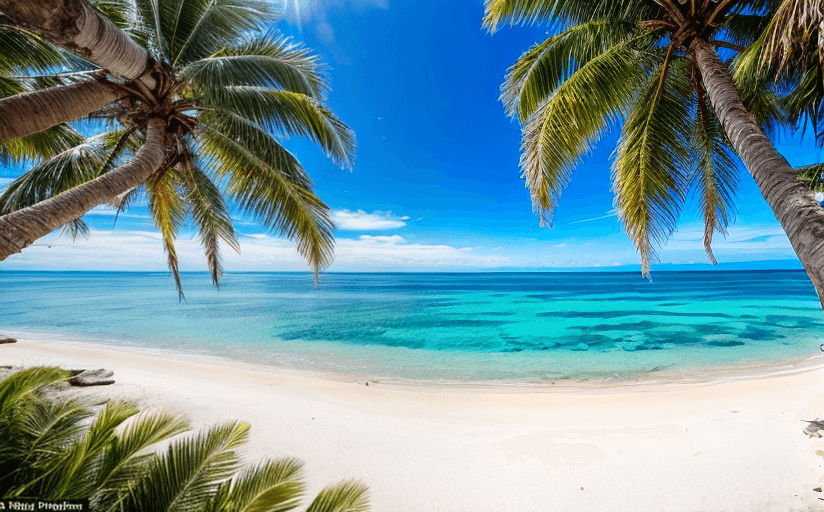Over-Tourism and Its Environmental Impacts: An In-Depth Analysis
In this article, we will specifically focus on the pressing issue of over-tourism and its severe impacts on the environment. Through this, we aim to raise awareness and inspire change in tourism practices worldwide.
The Double-Edged Sword of Tourism
Tourism, a thriving industry with an immense economic impact, paints a rosy picture of global connection and cultural exchange. Nevertheless, its darker side emerges in the form of over-tourism, which poses significant threats to the environment. Notably, it fuels pollution and littering, degrades natural habitats, and puts excessive strain on resources.
The Severity of the Situation
The situation is dire and becoming increasingly dramatic. In many world-renowned destinations, the natural beauty that originally drew people is rapidly degrading under the onslaught of mass tourism. The state of tourist hotspots like Venice and the Great Barrier Reef highlight the urgency with which we need to revisit our approach towards tourism.
Causes and Effects
Multiple factors lead to over-tourism - low-cost travel, aggressive marketing, increasing disposable income and the desire for 'Instagrammable' experiences. This influx often leads to pollution and littering, degradation of natural habitats, overuse and misuse of resources, and damage to local communities' socio-cultural fabric. It also amplifies the threats posed by climate change.
Case Studies
Tourist hotspots like Venice and Barcelona are widely-known for suffering from over-tourism. In Venice, rapidly increasing visitor numbers have led to extensive damage to its delicate, centuries-old architecture. In Barcelona, the influx of tourists has driven housing prices up, pushing locals out of the city center.
Sustainable Solutions
Fortunately, it's not too late to shift the current trajectory. We can advocate for a more measured, sustainable approach to tourism. Strategies could include limiting visitor numbers during peak seasons, implementing stricter penalties for environmental damage and investing in infrastructure to handle increased tourism. The emphasis should be placed on 'slow travel' that values quality of experience over quantity.
The Role of Travelers, Local Communities, and Authorities
Combatting the impacts of over-tourism is a joint responsibility. Travelers should adopt responsible tourism practices. Local communities and authorities need to consciously manage tourism inflow and enforce strict regulations and limits to protect their environment and culture.
Conclusion
It is time we all recognized the environmental costs of over-tourism and took collective action towards sustainable practices. To preserve the world's beauty for future generations, let's commit to travelling responsibly.

















Comments
Leave a Comment